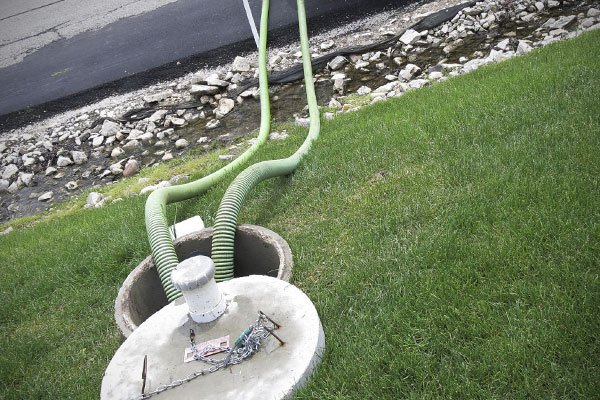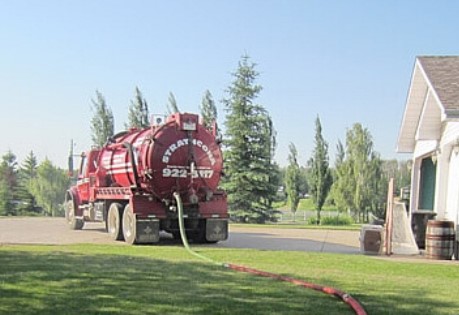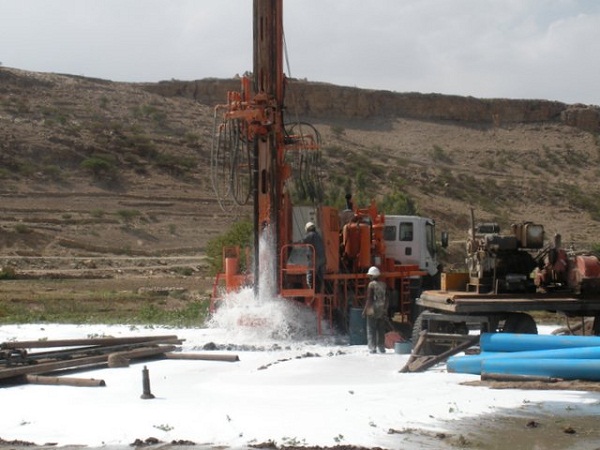
Septic tanks are a major concern for people living in urban areas, especially in close proximity buildings. Gone are the days where sewerage was left to ooze out into the open, polluting not only the ground but the entire environment in general. Human and animal refuse can cause very serious diseases or disorders for people if not properly put in check. Septic tanks are the solution to this problem where sewerage is stored in airtight tanks underground for treatment and occasional testing.
How do you notice a defective septic tank?
Normally septic tanks should be tested frequently, at least twice a year. The average lifespan of septic tanks is five years. After such time, if they’re not inspected and treated by professionals, you will observe wet spot or areas of stagnant water above the location of the septic tank drainage. Bad odours in or around your house may be the result of a full septic tank.
How do septic tanks work?
Most private developers and real estate owners employ the services of excavating contractors for the purpose of septic tank construction and installation, as well as septic tank repair in the case of defectiveness. Excavating contractors dig up a sizable hole in the ground and construct a septic tank which is subdivided into two compartments separated by a concrete wall, or at times fiber glass. One system holds the septic tank, which is watertight, with only an inlet and outlet pipe. The other system is the drain field. Waste water usually flows from houses through the sewer pipe where it is treated in the septic tank where it is then held long enough for the layers to separate. The heavy bottom greasy sludge and the floating scum cannot be broken down and are the ones that are pumped out after some time.
Maintenance of septic tanks
Your local excavation contractors may offer maintenance services on your septic tank, where they can keep it in check through inspection. Experts on septic tanks advise a minimum of three to five years for pumping to be done on septic tanks. Meanwhile any defects should be reported accordingly for septic tank repairs to be made. However, pumping of septic tanks also varies with size. Smaller tanks should be pumped more often, compared to larger tanks. The size of tanks varies with the type of houses around where it is built. Proper pumping is usually observed, as when the water level is lower than the outlet pipe you may have clogging. If the water level is higher than the outlet pipe, then the septic tank needs pumping. Standing water above the ground may mean a broken sewer pipe or full septic tank.
Follow up
Septic tanks are an important aspect of keeping the environment clean and rid of waste. As such, a follow-up should be done now and then on them. There are many possible causes of defects, but the first milestone should be to reach out to a professional septic tank repair expert.



